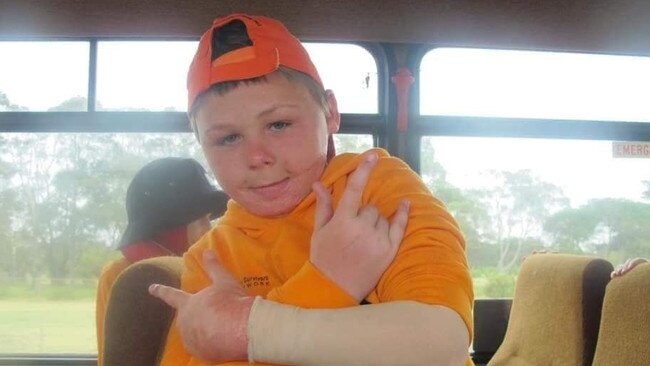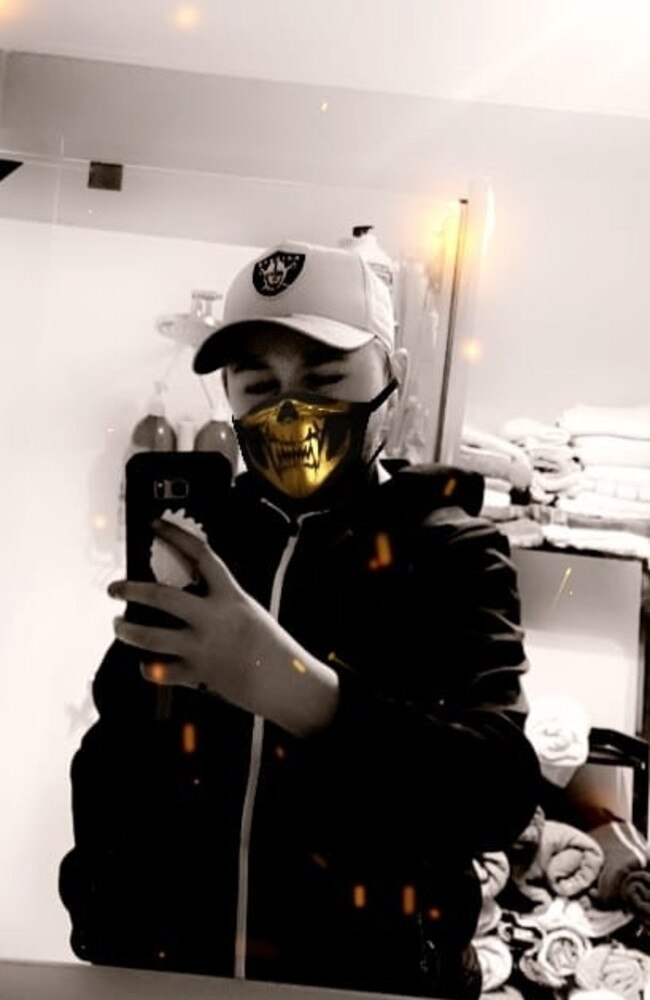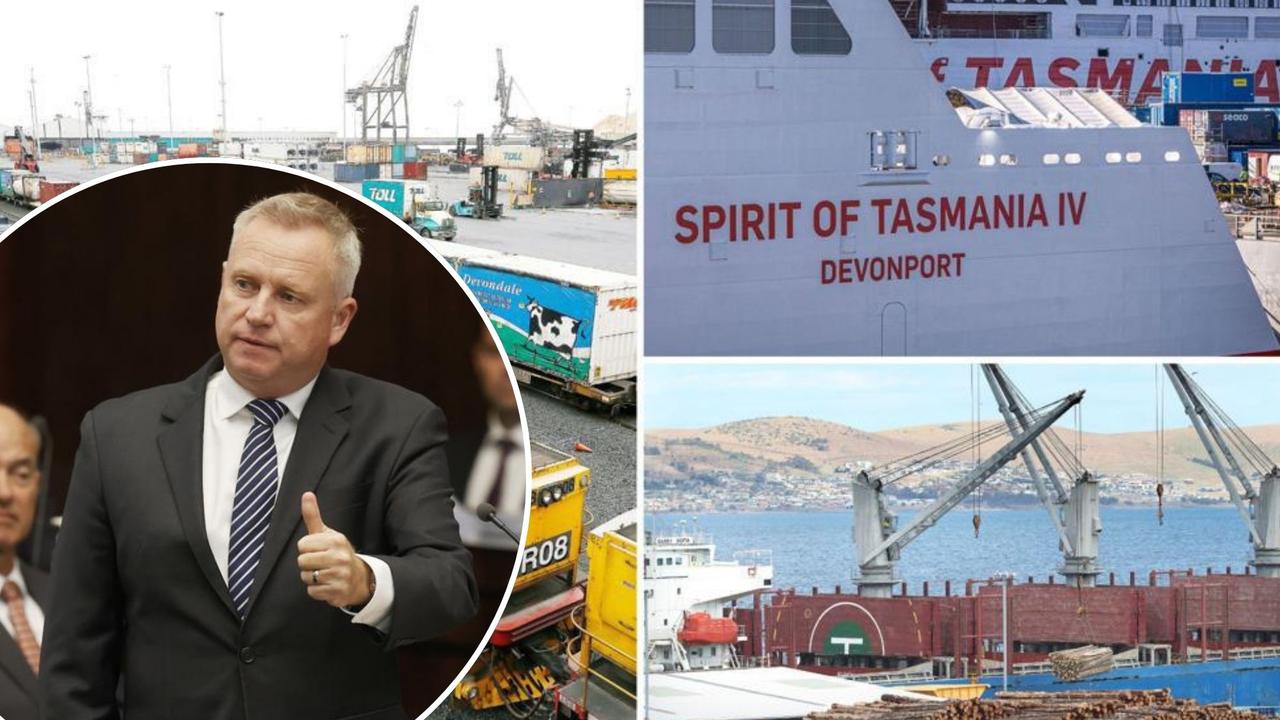Hospital staff missed window to save Kane Leary’s life after motorbike accident, inquest hears
A teenage boy’s life could have been saved if staff at a Northern Tasmanian hospital had identified his brain injury and sent him to Hobart for surgery, an inquest has heard. Latest from the proceedings.

Tasmania
Don't miss out on the headlines from Tasmania. Followed categories will be added to My News.
A teenage boy’s life could have been saved if Launceston General Hospital staff had identified his brain injury and sent him to Hobart for surgery, an inquest has heard.
Kane Leary, 17, died in May 2021 from a large stroke, caused by a tear in his left carotid artery, a few days after a motorbike crash at Newnham.
But Launceston staff missed a potential skull fracture and the artery damage in two scans, and didn’t notify Hobart staff until it was too late to save him, Coroner Robert Wester has heard.
An inquest into Kane’s death began last year in Launceston, canvassing non-medical evidence.
On Monday, the inquest moved to Hobart to hear from a number of medical practitioners involved in the tragic case.
Doctor Sheikh Asad told Mr Webster he was working as a radiology registrar at the Royal Hobart Hospital at the time of the crash – but wasn’t provided with Kane’s scans until 24 hours after the accident.

“A suspected skull fracture was missed,” Dr Asad said.
Dr Asad said clinicians weren’t radiologists and would not necessarily recognise “these complex fractures and occlusions” in a CT scan, but should have contacted specialists at Hobart for advice.
He said the Launceston team didn’t have anyone “who looks after brain and spine” on at the time – and should have called Hobart as a matter of urgency.
“We were surprised the patient stayed there for over a day and we didn’t receive a call,” he said.
“I’m completely not happy that they were calling me when he was non-salvageable, basically.”
Dr Asad said there were a number of signs that Kane had a serious brain injury, which should have “rung alarm bells”.
He said Kane’s Glasgow Coma Scale dropped from an almost fully-alert score of 14, to six within half an hour – to the point he had to be intubated as he could no longer maintain his own airway.
Dr Asad said Launceston staff conducted surgery on his right foot, when he really needed his brain injury attended to as a priority – within six to eight hours after the accident.
“They would have gone through the vessel and put a stent to open the vessel to prevent an occlusion and to preserve circulation,” he said.
“People got distracted into his limbs and forgot about his brain.”
Hobart-based interventional neuroradiologist Hayden Bell said he was also called on to later review Kane’s scans – noting the dissected carotid artery “had been missed”.
He said that injury was “quite clear on the scan” and that he would have expected a radiologist of “reasonable competence” to have detected it.
Mr Webster will hand down his findings at a future date.
More Coverage
Originally published as Hospital staff missed window to save Kane Leary’s life after motorbike accident, inquest hears





